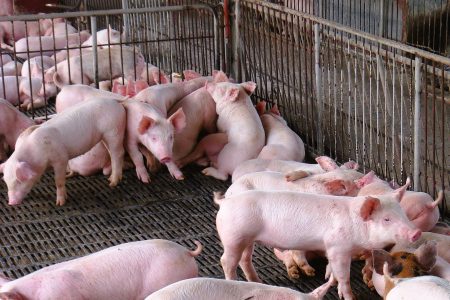Researchers have developed pigs resistant to classical swine fever (CSF), a deadly virus that threatens global pig farming. The breakthrough offers new hope for disease control.
The Roslin Institute team used gene-editing technology to modify a protein essential for viral replication. This prevented the virus from multiplying inside pig cells.
Gene-edited pigs exposed to CSF, also known as hog cholera, showed no signs of infection. Unedited pigs developed clear symptoms, confirming the effective of the genetic change.
The modified pigs remained healthy and showed no developmental issues. Researchers believe they are unlikely to transmit the virus to other animals.
The team sees gene editing as part of a broader strategy, complementing vaccines and biosecurity measures to protect farm animals.
Targeting a key protein
Before editing live animals, researchers studied pestiviruses, including CSF, in cultured pig cells. They focused on a protein called DNAJC14.
- ✅ DNAJC14 plays a key role in virus replication.
- ✅ Altering the gene that produces DNAJC14 blocked viral reproduction in lab cells.
- ✅ This suggested that editing the same gene in pigs could prevent infections.
Successful live trials
Researchers made a precise change to the DNAJC14 gene in pig embryos, which were then implanted into surrogate mothers.
Once the pigs matured, they were exposed to CSF. Edited pigs remained healthy, while unedited pigs showed typical signs of the disease.
The trial confirmed that the genetic edit provided full protection without harming the animals.
Broader implications for livestock
CSF continue to cause outbreaks in Asia, Africa, Latin America, and Europe. These outbreaks lead to trade bans and financial losses.
Other pestiviruses affect cattle (bovine viral diarrhea) and sheep (border . While vaccines exist, controlling spread remains difficult due to virus persistence and cross-species transmission.
Researchers believe the same genetic edit could be applied to other livestock, offering wider protection.

